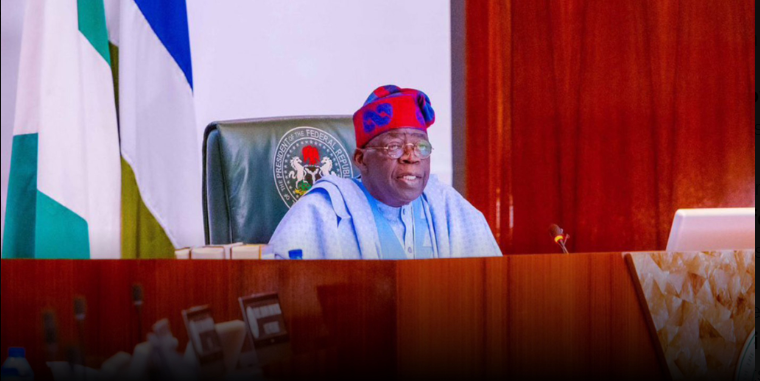Six defendants facing trial in a high-profile arson case in Liberia have filed a motion for an independent medical examination, citing allegations of torture by state security officers. The defendants, Christian Kofa, John Nyanti, Eric Susay, Thomas Isaac, Thomas Etheridge, and Stephen Broh, are charged with multiple capital and felony offenses, including arson and intent to commit murder, related to the Capitol Building fire incident earlier this year.
The motion, submitted to the First Judicial Circuit Court, Criminal Assizes “A”, alleges that the defendants were subjected to inhumane and degrading treatment during interrogation by the National Security Agency (NSA) and the Liberia National Police (LNP). The defendants claim to be suffering from urinary complications, blurred vision, and bruises, which they believe were caused by waterboarding, physical beatings, and exposure to intense lighting.
The defense team, led by Cllr. Arthur T. Johnson, argues that the government-owned John F. Kennedy Medical Center lacks the independence and neutrality required to conduct an objective medical assessment. This is due to the center’s ties with the Ministry of Justice, which has signed a Memorandum of Understanding (MOU) to provide medical services to pretrial detainees. The defense team is seeking an independent medical examination by a team of licensed medical professionals unaffiliated with the Government of Liberia.
Legal analysts have expressed concerns about the use of state-controlled medical institutions in criminal proceedings, particularly in cases where allegations of torture or abuse are central to the defense’s claims. Human rights observers have also taken an interest in the case, calling for an independent investigation into the torture allegations.
The motion has sparked intense public attention, raising questions about government transparency, detainee rights, and the impartiality of public institutions in high-stakes criminal proceedings. Judge Roosevelt Z. Willie is expected to rule on the motion in the coming days, a decision that could have implications for the fate of the six defendants and the handling of future allegations of abuse in custody by Liberian courts. The case highlights the need for fair trial standards and public trust in medical evidence, especially in cases where allegations of torture or abuse are involved.



